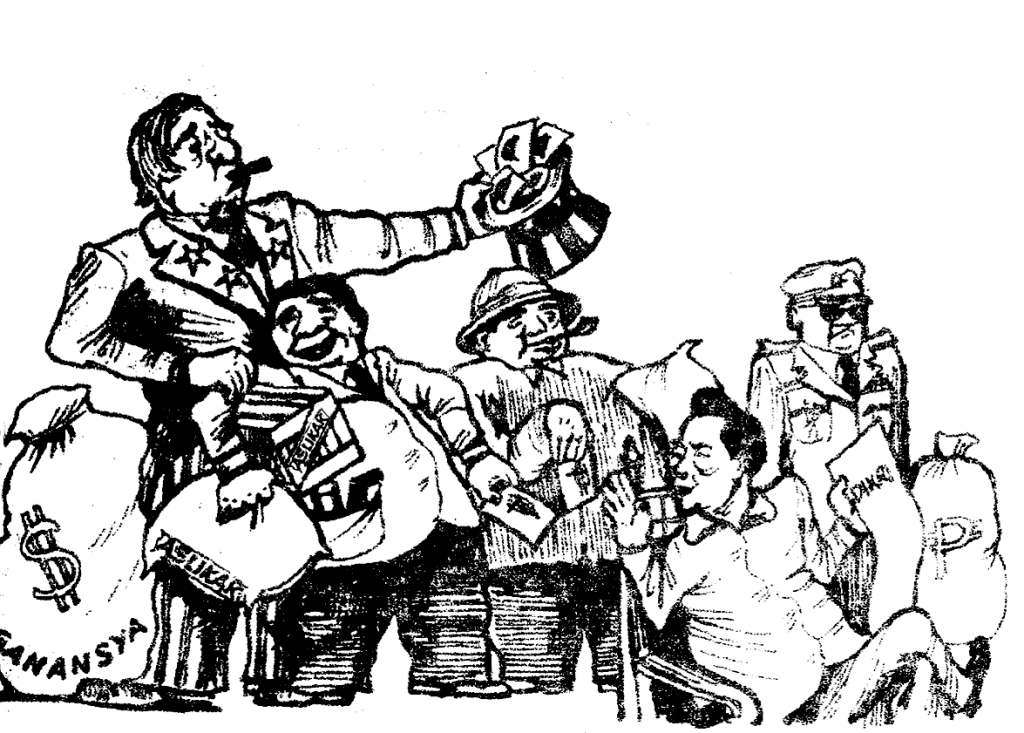Sugar, garlic and rice: victims of neoliberal importation


Sugar, garlic and rice farmers have bewailed Ferdinand Marcos Jr’s lack of support for local agricultural production, both as the country’s president and secretary of the Department of Agriculture (DA).
On September 13, Amihan, a group of peasant women, reported that palay farmgate prices have dropped to ₱13 in some parts of the country, even as rice prices are set to increase by ₱4-₱5 per kilo in October. The group said the state must act to save the farmers by buying local rice for ₱20 per kilo.
According to Amihan, the state should prioritize the development of local rice production, and not rely on importation. From January to August this year, the Philippines imported 2.7 million metric tons (MT) of rice, higher by 64% compared to the same period in 2021. Total imports could reach 34 million MT for the whole 2022.
Farmers also criticized Marcos’ decision to import 150,000 MT sugar in November. This is not necessary, according to the Kilusang Magbubukid ng Pilipinas, as the local mills are about to enter production. According to the group Masipag, sugar imports will result in the collapse of local production by 6.8%. Marcos signed the importation order following the sham withdrawal of an earlier order in August for the importation of 300,000 MT of sugar.
Meanwhile, the farmers rejected the blame assigned to them by a DA official for the “oversupply” of garlic and cabbage during the first week of September. This was after the mayor of Batanes appealed to the DA to buy their supply of local garlic to fill the shortage in Metro Manila. According to the DA, it is the fault of the farmers that they do not sell their products because they do not consider market conditions. According to state data, only 4,817 MT of garlic is produced locally, while 78,133 MT is imported. The importation of garlic began in the 1990s, when the reactionary state signed the neoliberal General Agreement on Tariffs and Trade.







